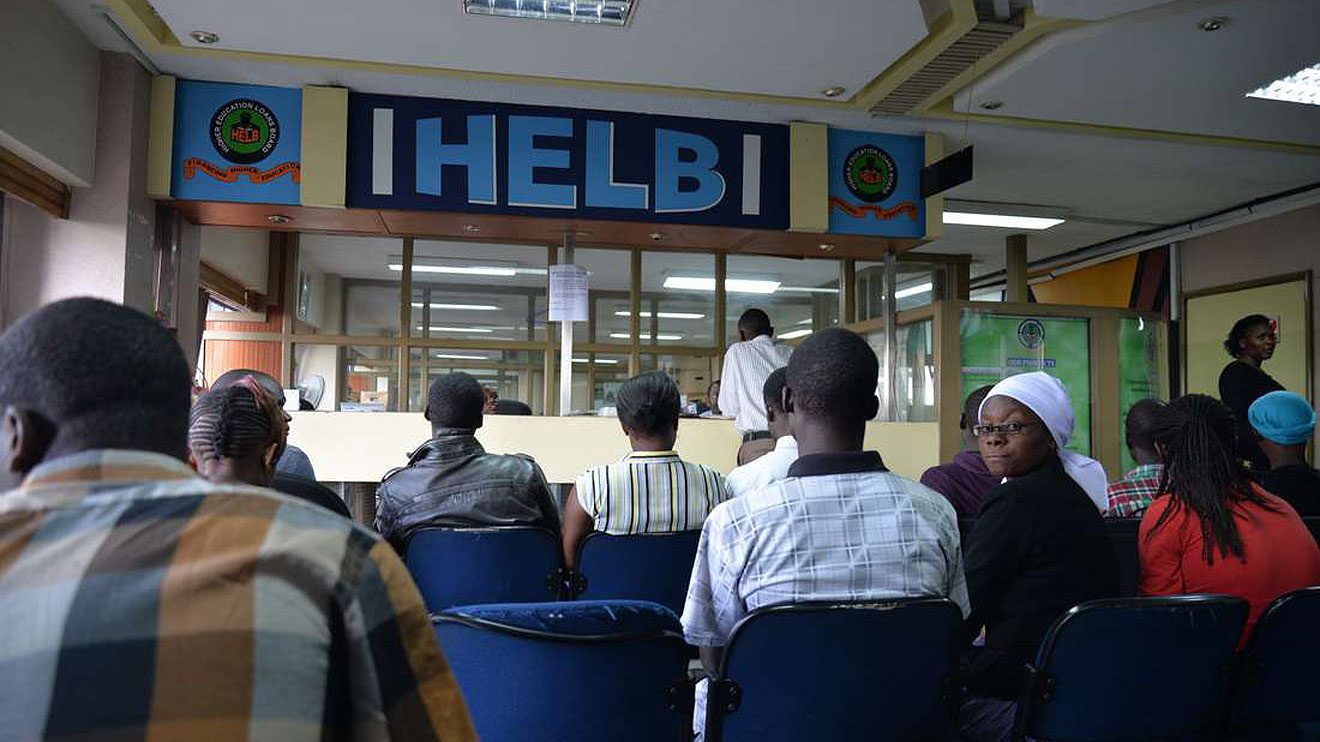Over 300,000 varsity students to be affected as Helb, scholarships budget cut by Sh37bn

Inyangala warned that students and their families, particularly those from middle- and low-income backgrounds, would bear a greater financial burden.
A funding deficit of Sh37.09 billion threatens to derail the education of over 368,000 university students after the government allocated only about half of the required funds for the 2025-2026 financial year.
While the total financial requirement for scholarships and grants to universities stands at Sh77.58 billion, only Sh40.49 billion has been allocated, leaving a significant funding gap of Sh37.09 billion.
More To Read
- Government commits Sh27 billion to upgrade TVET institutions nationwide
- 2025 KCSE concludes smoothly as government reports sharp decline in exam cheating cases
- Tension mounts as school heads, teachers’ union reject new TSC leadership structure
- 78 people arrested over exam malpractice as KCSE enters final stretch
- TSC calls on teachers to embrace professional development for CBE curriculum
- How AI is reshaping education across Africa
The funding shortfall affects students under both the old Differentiated Unit Cost (DUC) model and the new funding system, which was declared illegal by the High Court last year. The details were revealed by Principal Secretary for Higher Education and Research Beatrice Inyangala while addressing the parliamentary committee.
"Without intervention, these students are at risk of discontinuing their studies, which could have long-term implications for both students and universities," Inyangala told lawmakers.
Similarly, the Higher Education Loans Board (HELB), which provides student loans, requires Sh81 billion but has only been allocated Sh46.9 billion. The shortfall will impact 474,814 students who qualify for financial assistance in universities and technical and vocational education and training (TVET) institutions.
Inyangala warned that students and their families, particularly those from middle- and low-income backgrounds, would bear a greater financial burden.
"Students and their families will face higher out-of-pocket expenses. There is a possible rise in dropout rates, undermining efforts to enhance access to education," she said.
To address the growing financial strain, the PS disclosed that HELB is gradually shifting away from relying solely on government funding and will instead adopt a social bond financing model.
"The National Treasury is working with HELB to design this social bond, which will involve some investors," Inyangala told the committee.
The revelations have raised concerns about the future of higher education in the country, with stakeholders urging the government to increase funding to prevent a crisis that could affect thousands of students and institutions.
The funding shortfall comes at a time when the Kenya Universities and Colleges Central Placement Service (KUCCPS) has delayed opening its portal for university course applications.
KUCCPS CEO Agnes Wahome attributed the delay to a court ruling which declared the University Funding Model unconstitutional.
She noted that the ruling by Justice Chacha Mwita, lacked clear guidance on how to handle students already placed under the existing framework or how to proceed with future placements.
"The judgment that was delivered by Justice Chacha Mwita did not give a direction on how to treat even the students that we had placed in the two years and direction moving forward when he said it was unconstitutional," she on Friday.
Wahome further noted that KUCCPS’ actions were motivated by a desire to prevent disruptions in higher education institutions.
"Looking at where we were coming from, we were trying to avert crisis in the higher education institutions. With that lack of clarity, we felt that we also go to court, and that's why we filed and requested that the court grant stay the execution of the judgment that was given," she added.
In December 2024, the High Court declared the New University Funding Model unconstitutional, with Justice Mwita ruling that the model was discriminatory to students. The judge argued that under the new funding model, the burden of financing universities and colleges had been unfairly shifted to parents.
Additionally, Justice Mwita noted that no public participation was conducted before the model’s implementation.
"It should have been subjected to the public so that the public comments before its implementation," the judge ruled.
Top Stories Today













































